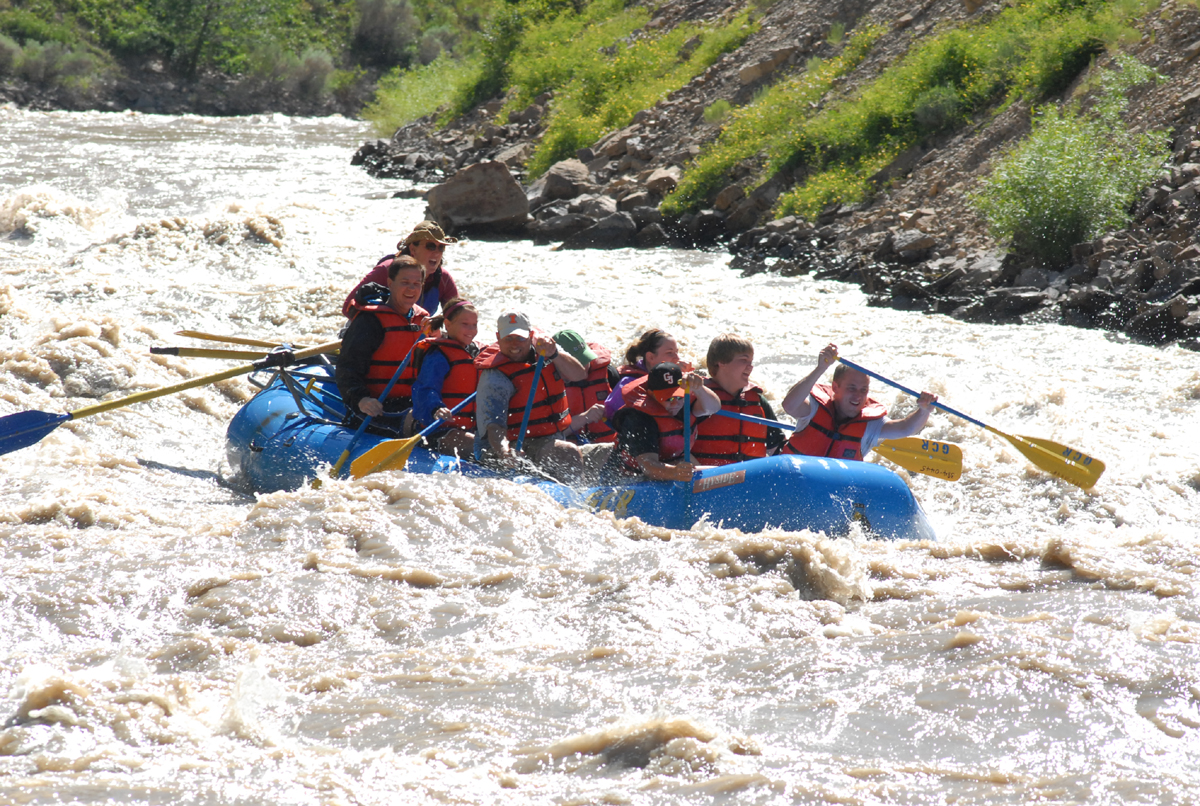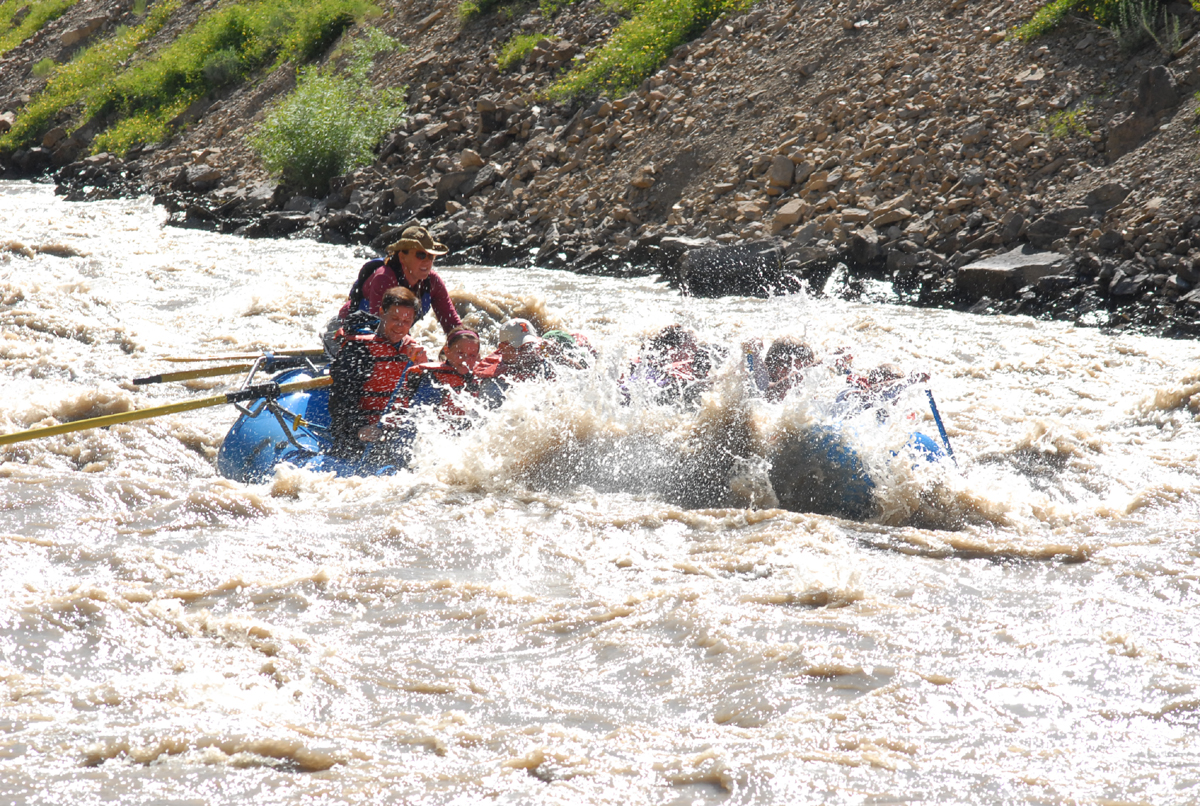I love how they play off the propaganda films of the 1950s. However, in all seriousness, can’t say I am in favor of Obamacare. I just hope this bill is one they actually read before voting on!:
Book Review: Slavery, Resistance, Freedom
Slavery, Resistance, Freedom (Gettysburg Civil War Institute Books) edited by Gabor Boritt and Scott Hancock contains six excellent essays that cover slavery and American history, with an emphasis on memory, and how the idea of freedom as represented here impacts our understanding of American democracy. From the publisher:
This extraordinary collection of essays by some of America’s top historians focuses on how African Americans resisted slavery and how they responded when finally free. Ira Berlin sets the stage by stressing the relationship between how we understand slavery and how we discuss race today. The remaining essays offer a richly textured examination of all aspects of slavery in America. John Hope Franklin and Loren Schweninger recount actual cases of runaway slaves, their motivations for escape and the strains this widespread phenomenon put on white slave-owners. Scott Hancock explores how free black Northerners created a proud African American identity out of the oral history of slavery in the south. Edward L. Ayers, William G. Thomas III, and Anne Sarah Rubin draw upon their remarkable Valley of the Shadow website to describe the wartime experiences of African Americans living on both borders of the Mason-Dixon line. Noah Andre Trudeau turns our attention to the war itself, examining the military experience of the only all-black division in the Army of the Potomac. And Eric Foner gives us a new look at how black leaders performed during the Reconstruction, revealing that they were far more successful than is commonly acknowledged–indeed, they represented, for a time, the fulfillment of the American ideal that all people could aspire to political office.
I will be utilizing this excellent book in my A.P. United States history class this coming year. In particular, the essay “The Quest for Freedom: Runaway Slaves and the Plantation South,” by John Hope Franklin and Loren Schweninger. This essay dealt with some interesting topics that could be nicely presented in a lecture or discussion. How the relationships between slave and master, and the measures to which slaves would go to resist slavery, but also the interesting and unspoken rules that some masters had. Neither slave nor master is a caricature in this excellent piece. Slave owners are not always cruel, and sometimes had moral standards. There was a dynamic and layered relationship among slave and master. To be sure, slavery was a brutal and arduous affair and when slaves resisted and escaped, they were usually dealt with severely. So within this essay there are a lot interesting facts, and some great talking points.
-C
Final Day …
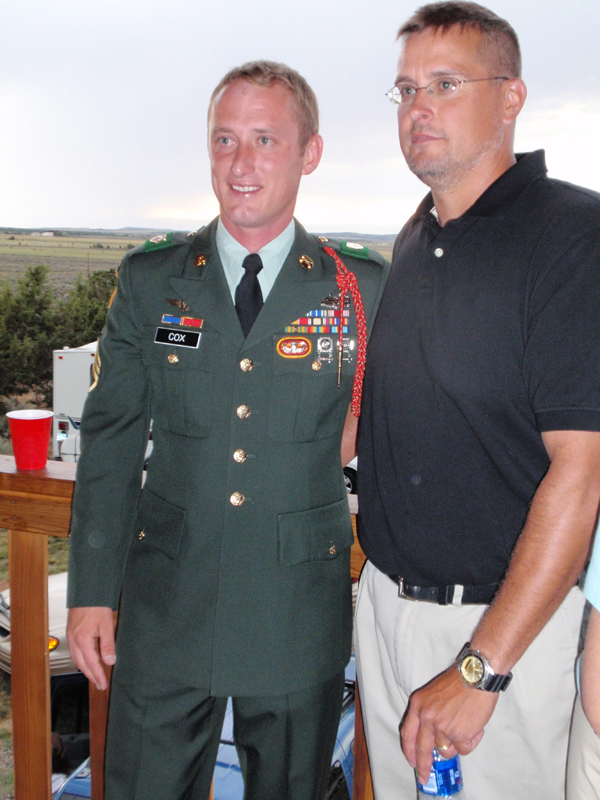 Yesterday my step-daughter married a wonderful young man, Aaron, who is a member for the 82nd Airborne.
Yesterday my step-daughter married a wonderful young man, Aaron, who is a member for the 82nd Airborne.
He has served four tours in Iraq and Afghanistan and will be leaving again in January for his fifth tour.
Aaron is a great person, a hero, and someone I respect immensely.
….
…
river rafting
I have been on hiatus as I have been doing some local activities here in Colorado, one of them White Water River Rafting. I am on the right hand side of the boat, second row, baseball hat facing you. This was a fun experience! (PS-my son is in the first row, he’s the brave one.) We also did a lot of hiking, camping and fly fishing…
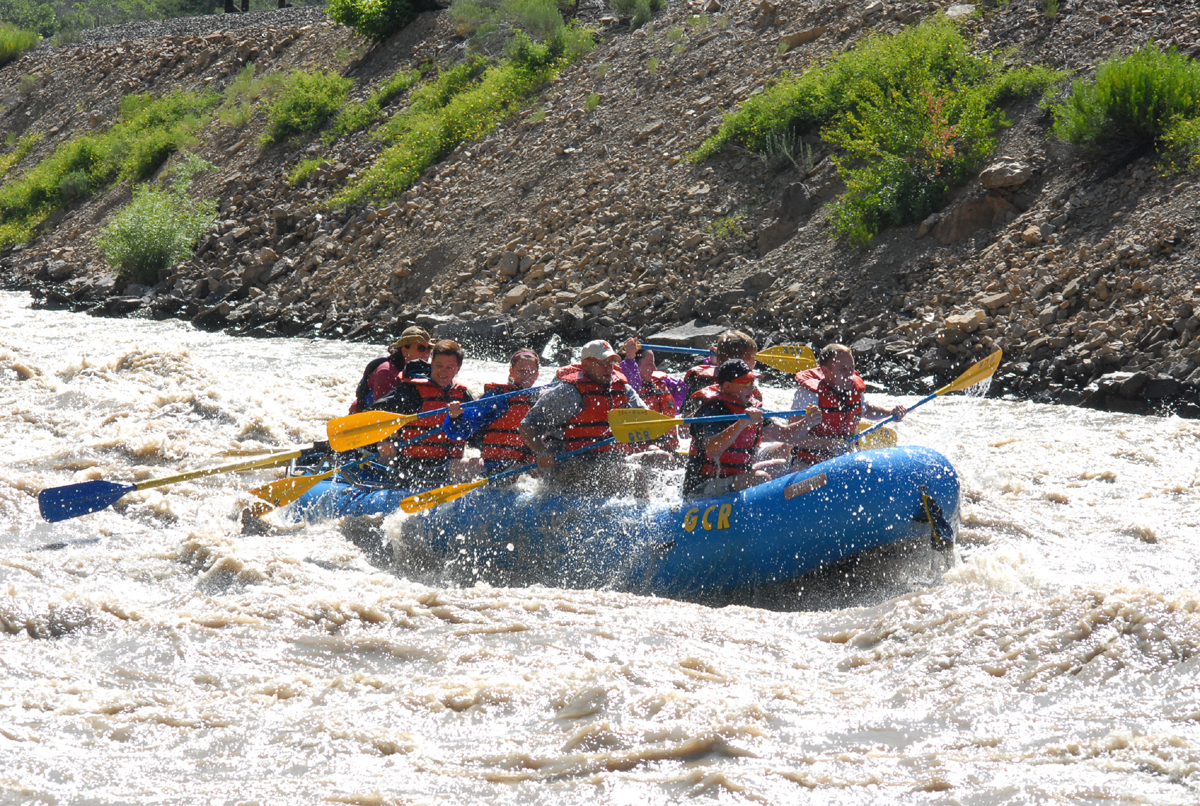
Run with the Bulls? Might want to Think Twice…
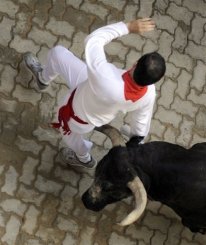 …Or 10 or so. I guess you can say, chalk one up for the Bulls. I have no sympathy, they took the risk. This is a silly tradition. We love to bash our own silly traditions, but the running of the bulls is flat out stupid…. Go Bulls!…. Chicago I mean.
…Or 10 or so. I guess you can say, chalk one up for the Bulls. I have no sympathy, they took the risk. This is a silly tradition. We love to bash our own silly traditions, but the running of the bulls is flat out stupid…. Go Bulls!…. Chicago I mean.
Ten people were injured, two of them seriously, in the Pamplona bull run on Sunday, two days after a man was gored to death by a bull, according to revised figures issued by organisers.
The two most badly hurt were Spanish men who suffered injuries to the neck, chest and buttocks after being gored, a spokesman said.
He added that doctors were confident their lives would be saved after surgery.
July 3rd, 1776
I know that I have been focusing on the Battle of Gettysburg the last few days, but my heart is with the Founding Fathers; and more so than ever it seems in light of recent political events. The founding of our wonderful nation and the promise of hope and liberty that it was founded on, should stir the hearts and minds of even the most acid of patriots. So with these thoughts in mind a letter from July 3rd, 1776 is in order:
John Adams, in a July 3, 1776 letter to Abigail, after the signing of the Declaration of Independence on July 2 in Philadelphia:
The Delay of this Declaration to this Time, has many great Advantages attending it. The Hopes of Reconciliation, which were fondly entertained by Multitudes of honest and well meaning tho weak and mistaken People, have been gradually and at last totally extinguished. Time has been given for the whole People, maturely to consider the great Question of Independence and to ripen their Judgments, dissipate their Fears, and allure their Hopes, by discussing it in News Papers and Pamphletts, by debating it, in Assemblies, Conventions, Committees of Safety and Inspection, in town and County Meetings, as well as in private Conversations, so that the whole People in every Colony of the 13, have now adopted it, as their own Act. This will cement the Union, and avoid those Heats, and perhaps Convulsions which might have been occasioned, by such a Declaration Six Months ago.
But the Day is past. The Second Day of July 1776, will be the most memorable Epocha, in the History of America. I am apt to believe that it will be celebrated, by succeeding Generations, as the great anniversary Festival. It ought to be commemorated, as the Day of Deliverance by solemn Acts of Devotion to God Almighty. It ought to be solemnized with Pomp and Parade, with Shews, Games, Sports, Guns, Bells, Bonfire and Illuminations from one End of this Continent to the other from this Time forward forever more.
You will think me transported with Enthusiasm, but I am not. I am well aware of the Toil, and Blood, and Treasure that it will cost Us to maintain this Declaration, and support and defend these States. Yet, through all the Gloom, I can see the Rays of ravishing Light and Glory. I can see that the End is more than worth all the Means, and that Posterity will triumph in that Day’s Transaction, even though We should not rue it, which I trust in God We shall not.
Top 10 Civil War Books on the Campaign and Battle of Gettysburg
I am proud to present my contribution to the Top Ten Books on the Battle of Gettysburg.
1) Those Damned Black Hats: The Iron Brigade in the Gettysburg Campaign, By Lance J. Herdegen (2008) – This is currently my favorite book on the battle as I really love regimental studies and this is an exceptional one dealing with the Iron Brigade’s presence at Gettysburg. Superbly written and as always a Herdengen touch to it that makes it so readable.
2) The Killer Angels, By Michael Sharra (1974) – has to be on any list. It was my first introduction to the Civil War in High School.
3) The Gettysburg Nobody Knows, By Gabor S. Boritt, ed. (1999) – one of the more interesting books on the battle and one that I refer to often.
4) Gettysburg: The Second Day, By Harry Pfanz (1998) – This was, of course, a monumental work and as John Hoptak noted a “landmark” book that has to be on the shelf of every Civil War enthusiast. He also covers a little about my ancestor, Charles H. Weygant of the 124th NY.
5) Pickett’s Charge in History and Memory, By Carol Reardon (1997) – a fascinating book on the battle’s most controversial and important event.
6) The First Day at Gettysburg: Essays on Confederate and Union Leadership, By Gary W. Gallagher, ed., (1992) – One of my favorite books including numerous essays that are informative and important.
7) Gettysburg: A Testing of Courage, By Noah Andre Trudeau (2003) – a bit difficult to follow at times, but overall I really liked Trudeau’s writing style.
8 ) Gettysburg, By Stephen W. Sears (2004) – his reading style is very accessible. I thought he handled Meade and Lee fairly, but really this book is a favorite as I enjoy his writing style. Gettysburg books can be very convoluted as it was indeed a massive battle.
9) Lincoln at Gettysburg, By Garry Willis (1992) – it seems appropriate to have Lincoln’s Address in here somewhere as it plays an important part in the memory of the battle and it helped to establish some meaning for the place beyond the controversy of whether or not the battle was thee turning point.
10) Gettysburg: July 1, By David G. Martin (2003)
Top 10 Civil War books on the Campaign and Battle of Gettysburg,
I’ve been asked to contribute to a Top 10 books on the Campaign and Battle of Gettysburg in celebration of the upcoming anniversary. Though I am honored to have been asked to contribute, I feel somewhat unqualified compared to the other accomplished historians. However, I will do my best! Here are the details as described by Brett on his site:
- July 1, 2009: The 78th Edition of the History Carnival goes live at TOCWOC – A Civil War Blog.
- July 1, 2009: The Top 10 Gettysburg Books event officially gets underway with the Top 10 Gettysburg Books as chosen by Eric Wittenberg of Rantings of a Civil War Historian, Drew Wagenhoffer of Civil War Books and Authors, and John Hoptak of The 48th Pennsylvania Infantry/Civil War Musings
- July 2, 2009: The Top 10 Gettysburg Books event continues with the Top 10 Gettysburg Books as chosen by Harry Smeltzer of Bull Runnings, Craig Swain of To the Sound of the Guns, and Nick Kurtz of Battlefield Wanderings
- July 3, 2009: The Top 10 Gettysburg Books event winds to a conclusion with the Top 10 Gettysburg Books as chosen by Chris Wehner of Blog 4 History and Brett Schulte of TOCWOC – A Civil War Blog. A final blog entry here at TOCWOC will tabulate the results and create a combined top 10 list for all of the Civil War bloggers participating. A permanent page which will contain links to each blog entry and the final results has already been established and is only waiting for the posts to go live prior to being completed.
- July 4, 2009: A free book giveaway will occur to celebrate America’s independence from Great Britain. Stay tuned for further details on the morning of July 4!
Was U.S. Grant A Drunk?
Kevin and Richard have a couple of posts concerning the popular Grant topic of his drinking and whether or not he was a drunk? Kevin is currently reading a new manuscript from UNC on Grant titled U.S. Grant: American Hero, American Myth, written by Joan Waugh. (Interestingly, I wonder if they want Kevin discussing any part of this manuscript in public at all? Apparently they must not mind.) In this manuscript, apparently, Waugh tackles the “myth” of Grant being a Drunkard. Kevin writes, “Anyone familiar with recent Grant studies already knows that the evidence against Grant is weak or inconclusive.”
Richard takes “recent” historiography and Kevin to task suggesting that all we are doing is cleaning the records of Northern heroes while continuing to dismantle Southern ones like Lee. I am simplifying the debate here so read Richard’s post linked above.
I think Richard makes a valid point. However, I have done a little reading on Grant and I have to agree with recent historiography and say that I don’t think there is a lot there. Did Grant drink on occasion? Yes. But to start getting into was he a drunk? debate requires clear evidence of constant drunkenness on Grant’s part and there simply is none that I am aware of. This kind of splitting hairs is what we complain about with those who debate whether or not the flying of the Confederate flag is offensive, a debate I don’t take sides on for the same reason; it’s all about personal points of view (ideology) and not history.
Descent into Rebeldom and its Impact on Northern Soldiers
Has there been a specific study that has dealt with how Union soldiers’ opinions concerning things like slavery, emancipation, ect., change as they transitioned from their homeland and descended South and witnessed, firsthand, the nature of slavery?
Additionally, how did their experiences going South, entering Rebeldom, change their point of view on Negro soldiers, and everything else that was involved in race issues, if at all? For example, here are some quotes from various soldiers from Indiana:
“Mother said she was afraid I would turn to an Abolitionist. If I had been one at home, I have seen enough to make me a Negro hater since I came here.” (Frankfort, Ky., Oct. 15, 1861)
“I suppose you hear plenty of talk about the free negroes I don’t know how the folks like it nor don’t kear [sic] if it will only bring the war to an end any sooner….We are in war and anything to beat the south.” (Jan. 8, 1863, Ft. Barnard, Va.)
“They [sic] is two or three Negro Regts here. They make good Soldiers and save the white soldiers a good deal of hard work. They make a fine appearance on drill. I am in for the Black Soldier. I say bring them on.” (Joseph Hollis, Folly Island, S.C., Sept. 9, 1863)
“Though I live in the negro country, I haven’t changed my opinion of them, only strengthened it. They are not good for anything, unless driven to work, so you don’t need to be afraid that I will fall in love with them, though it is the case with many soldiers.” (Winchester, Tenn., Nov. 6, 1863)
“I seen a new part of the ‘Elephant’ today viz. a squad of Negro soldiers drilling. They did a great deal better than many white troops I have seen with the same opportunities.” (Tullahoma, Tenn., May 31, 1864, p. 142)
“Nearly all the guards along the road are Negroes. They are fine looking soldiers. They always turn out at a present arms when the train passes. Their accouterments and guns are as bright as they can be, and the broad smile that marks their countenances attest their like of the change from Chattels to U.S. soldiers.” (Louisville, Ky., Sept. 17, 1864)
“Up to the time we landed I had not noticed any negro troops, but after we left Akins landing I saw nothing else…They flocked out to see us as we passed, and I never saw a blacker set of Negroes in my life. They beat the ‘Ace of Spades.’” (March 10, 1865)
With these quotes being from different soldiers it’s not possible to measure how they were impacted as they moved South and saw things such as slavery, Southern Women, Southern society, ect., and how that real life, face-to-face exposure impacted them.
If I took 100 or so soldiers and followed their evolution in thinking as they went South, that might make from interesting findings, would it not?
Oh, and if someone has done this please point me in that direction….
